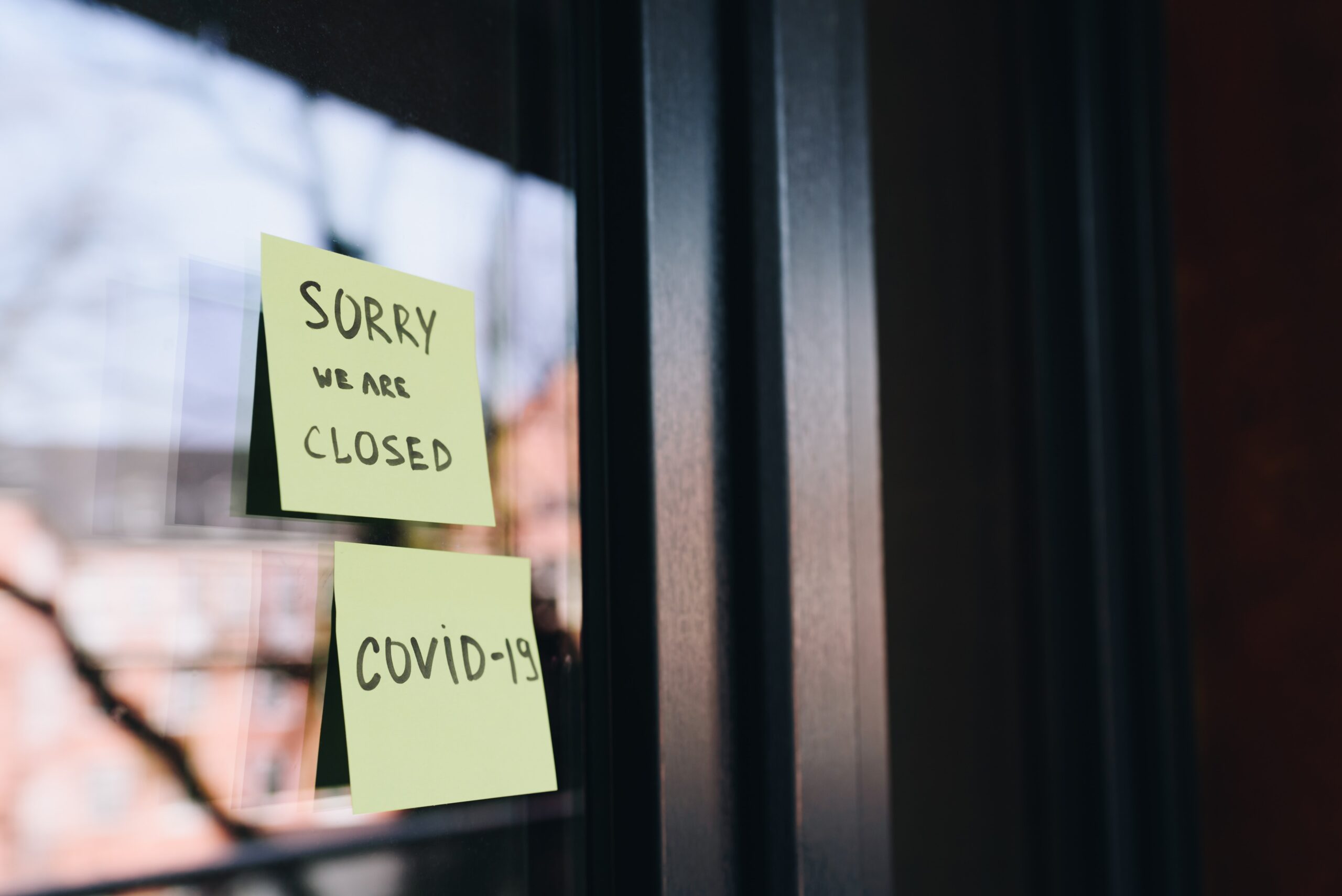Why Do We Hate Meetings?
Meetings, they suck, we know, but we need meetings for numerous reasons. Covid has shed a light on the effectiveness, or lack thereof, of meetings and made us realize we need a better way to do meetings because our time is valuable.
According to Zippia.com, 47% of employees said that meetings are the biggest time-waster at work. The average employee spends 21.5 hours in meetings every week and attends 62 meetings every month. That’s a boat load!
So why do we even need meetings? Why are they such a waste of time? How can we make them more effective?
Before continuing, scroll to the bottom of the page and enter your email and first name, that way you can start valuing your time by putting a value ON your time.

Why Do We Need Meetings?
We need meetings for many reasons, but three of the most important are that they provide a space for feedback and help establish good, clear communication, they reduce burnout and increase productivity, and they provide a space for problem solving, brainstorming, and decision making.
Clear communication is essential in meetings. Only 7% of communication is actually spoken, which means non verbals and para verbals make up the rest. In meetings, you pick up on communications that you wouldn’t in an email or chats. Meetings let you read others and communicate more effectively helping provide and receive genuine feedback.
Meetings increase accountability between each other. This accountability creates a space where people can express themselves freely when they’re starting to feel like they have too much work. This makes your workplace preventative to burnout instead of reactionary to an overwhelming workload. If you accomplish this you will increase productivity.
Work exists to solve problems. One of the biggest challenges of solving these problems is deciding what steps to take in order to solve them. Meetings provide a space to get others’ views and opinions.

With others’ help, you can brainstorm and use others’ resources and experiences to solve your problem. Then you can decide how the problem will be solved through a project and assign appropriate tasks and assignments.
Overall, we can see why meetings exist, but how can we make them better and more effective? What problems or challenges will push us to find a solution to this epidemic once and for all?
The Pandemic Changed Meetings Forever
One of the most recent worldwide challenges has helped push meetings into the right direction. We were able to compare and contrast virtual meetings to in-person meetings and take a break to assess how we value our time.
Virtual meetings provide a timely, structured, and more cost efficient solution compared to its counterpart, in-person meetings. Virtual meetings typically stick to the structured agenda, making it easier to stay on task and less room for chit-chat. In-person meetings invite casual chat and promote more relaxed, water cooler conversation.

Unlike virtual meetings, an in-person meeting encourages more collaborative participation and teamwork as people can read each other’s body language and are able to have quicker discussions. One of the leading causes of “Zoom Fatigue” is this lack of human interaction in meetings.
Along with this shift from in-person meetings to virtual meetings, Covid gave us enough time off to be able to reevaluate what we want to do with our lives and how we value our time.
Of course we would rather be binging Netflix than being in meetings, so we developed this attitude towards meetings being a waste of time.
We are able to more effectively determine what is substantive and what isn’t, leading us to value our time more than ever!
The Future of Meetings…Maybe?
In an article from The Seattle Times productivity consultant Alex Pang says: “Eight hours is too long to spend at work…Research indicates that five hours is about the maximum that most of us can concentrate hard on something…” So how can we improve on this? How do we structure work schedules and meetings better?
”“Eight hours is too long to spend at work...Research indicates that five hours is about the maximum that most of us can concentrate hard on something…” - Perry, Douglas. “Clinging to an 8-hour workday? Research suggests 5 hours is better”. The Seattle Times, July 7th 2021
Here is our suggestion: if you want to hold virtual meetings, you need to consider that meeting as part of the 5 hours of productivity in a work day. If you have an in-person meeting, you can plan to have that outside the 5 hours of productivity. This is due to the nature of the meeting type as mentioned earlier.
The key to the future workplace is establishing a hybrid style office place. At Opt we have designated certain days as days that we should come into the office, and other days optional. Establish expectations and then make your meetings more immersive and interactive using this hybrid style workplace.
Lastly, is the idea of monetizing meetings. Imagine you get paid an extra 50 dollars to participate and be active in a meeting, let’s be honest, that would motivate most to like meetings. This idea is new, but we see it becoming common in the workplace as we continue to value our time more and more.
We need meetings even though they suck, but moving to this perspective and implementing ways to make meetings more effective is EXACTLY how we can make them suck just a little bit less.
